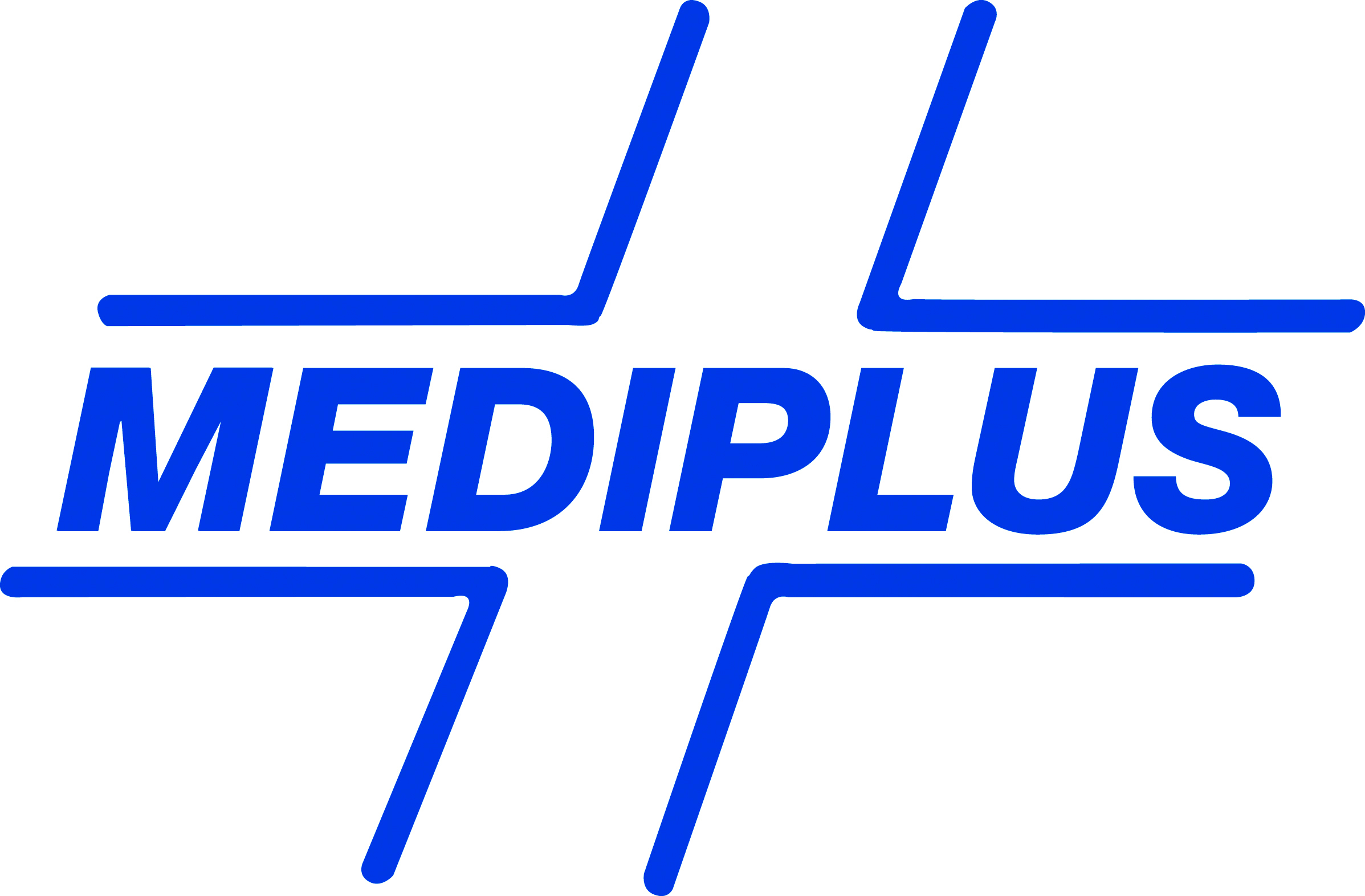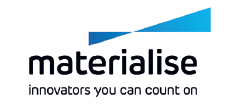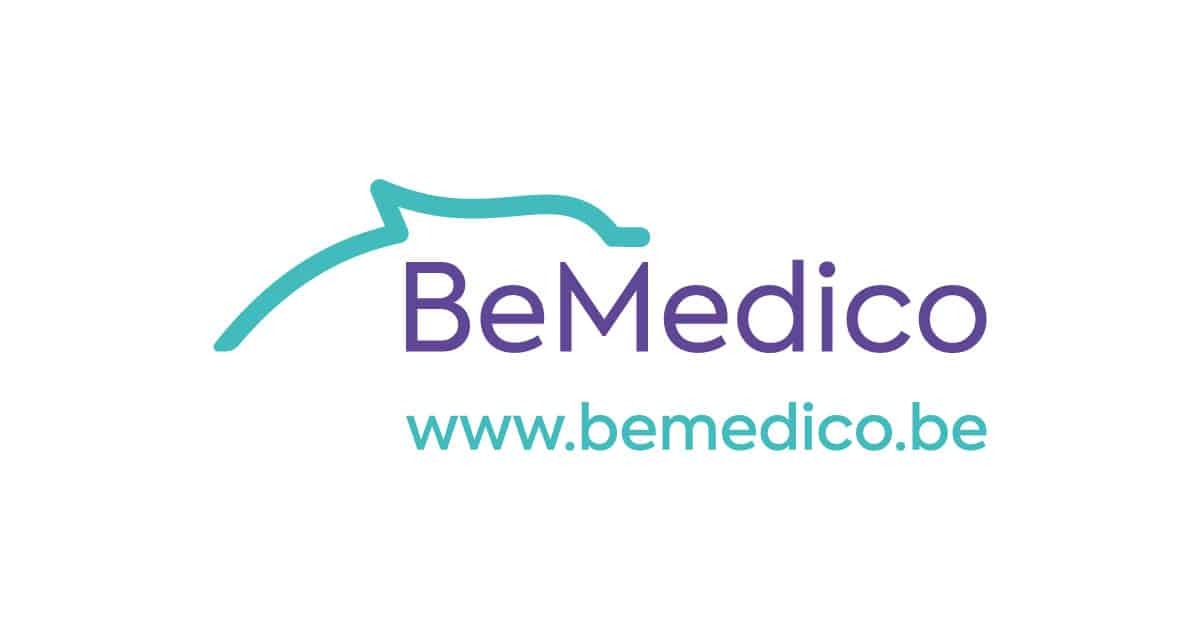09h00 Perioperative Anticoagulation in Free Flap Surgery in Maxillofacial Surgery.
Authors: Nikolaas Aelterman, P. Lejuste, B. dive, S. Shimwa-Karengera, T. Bourgeois, T. Dontaine
Department of Oral and Maxillofacial, Reconstructive Surgery, Grand Hôpital de Charleroi
Keywords: anticoagulation, ACT, reconstructive surgery, anticoagulation protocol.
Introduction: Free flap surgery is a leading reconstructive surgery in maxillofacial surgery where venous microvascular thrombosis is an important risk for failure of the flap. At present, perioperative coagulation management is based on the use of traditional parameters, namely aPTT and INR. Nevertheless, these methods offer only partial functionality for the real-time vision of coagulation throughout extensive procedures. ACT (activated cloHng time) is a common test used in other fields like cardiac surgery that facilitates dynamic adjustments in coagulation management. We would like to establish a standardized anticoagulation protocol based on the use of perioperative ACT values and anticoagulation monitoring methods at the Grand Hôpital de Charleroi to see if it is possible to implement this.
This proof-of-concept study assesses an anticoagulation protocol designed for the management of patients undergoing free flap surgery. Key aspects include accurate coagulation monitoring, optimal heparin dosage, and minimization of complications, particularly thrombosis and excessive bleeding.
Material and Methods: The study uses a standardized anticoagulation protocol with strict monitoring
Intraoperatively: A heparin bolus (50 IU/kg) was administered before flap ischemia. ACT monitoring was performed using a Memochron ACT-LR machine. ACT monitoring was performed 3 minutes aZer
the first bolus of heparin and continued every 30 minutes to achieve a target ACT value. After the surgery switch to LMWH and antiplatelet while monitoring the coagulation parameters.
Results: the discussion will refer to further results and conclusions as not all data are available yet.
Conclusion: this proof-of-concept study aims to assess the efficacy of a fixed-dose anticoagulation regimen. It also analyzes whether ACT monitoring may be a useful tool in maxillofacial surgery.














